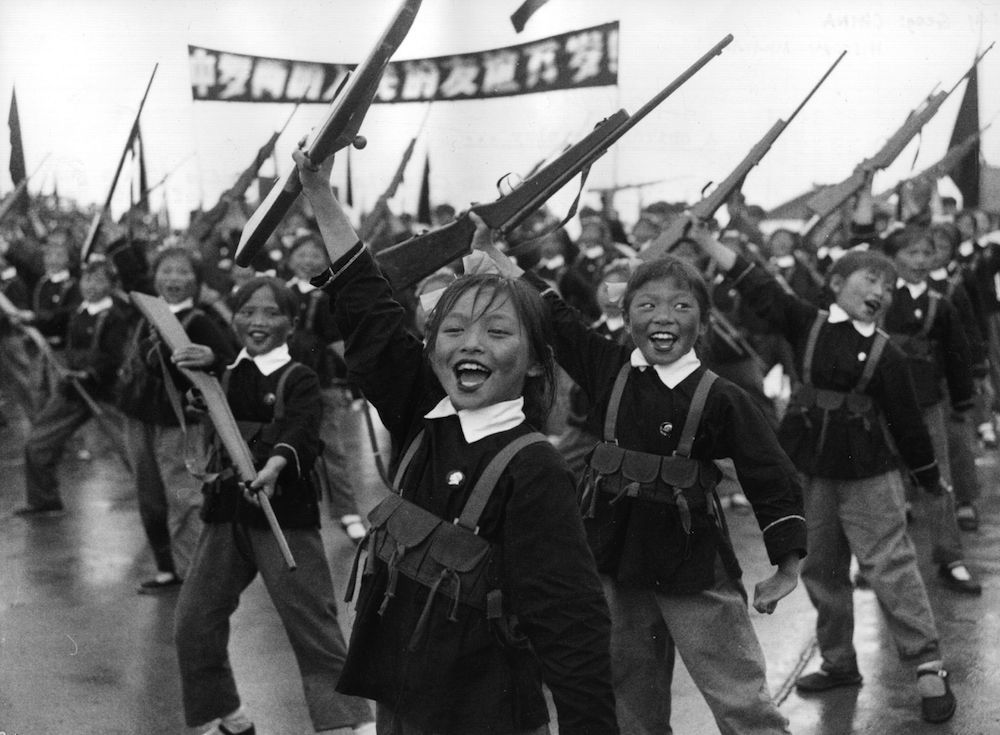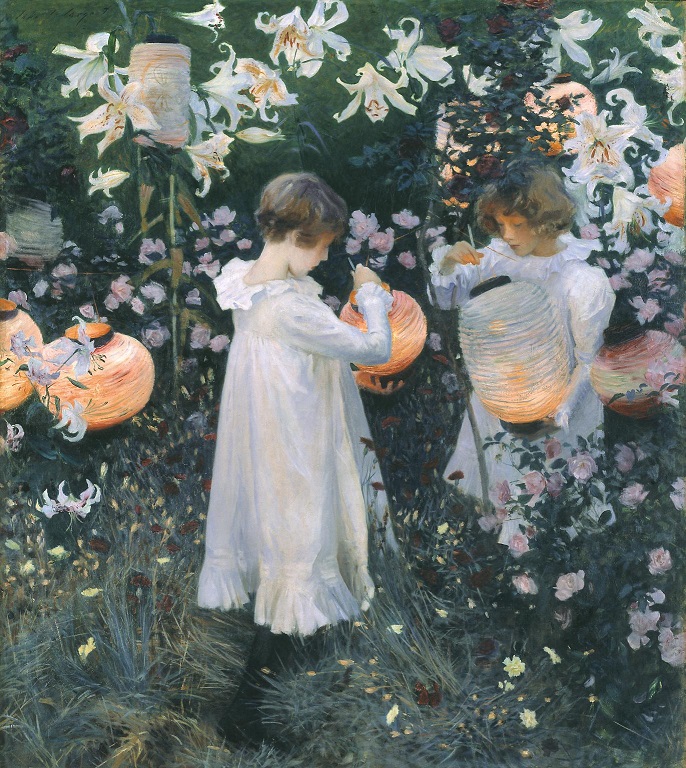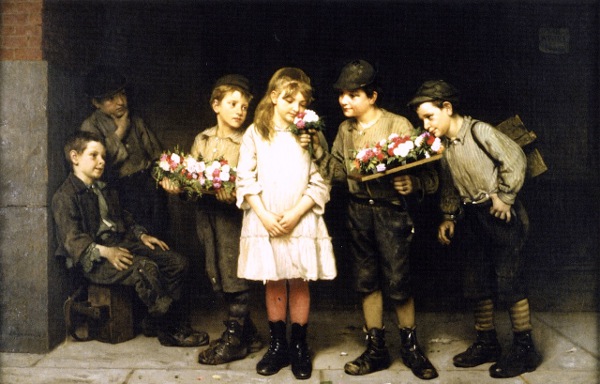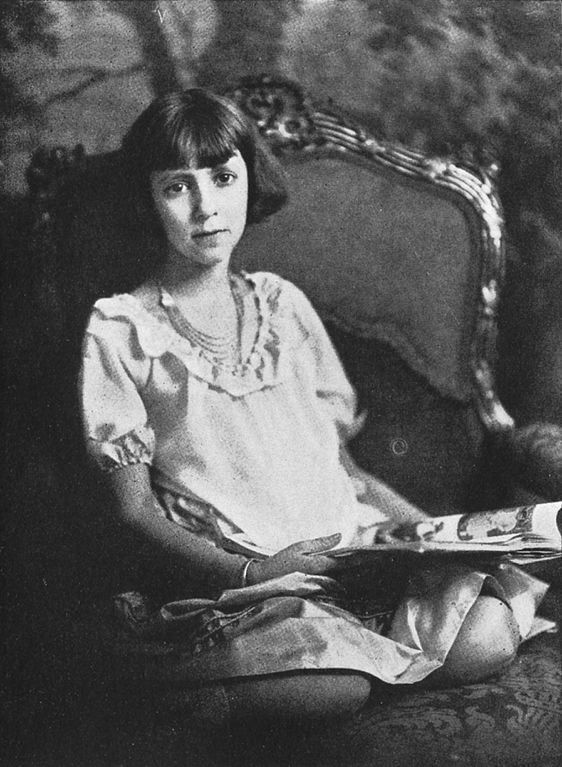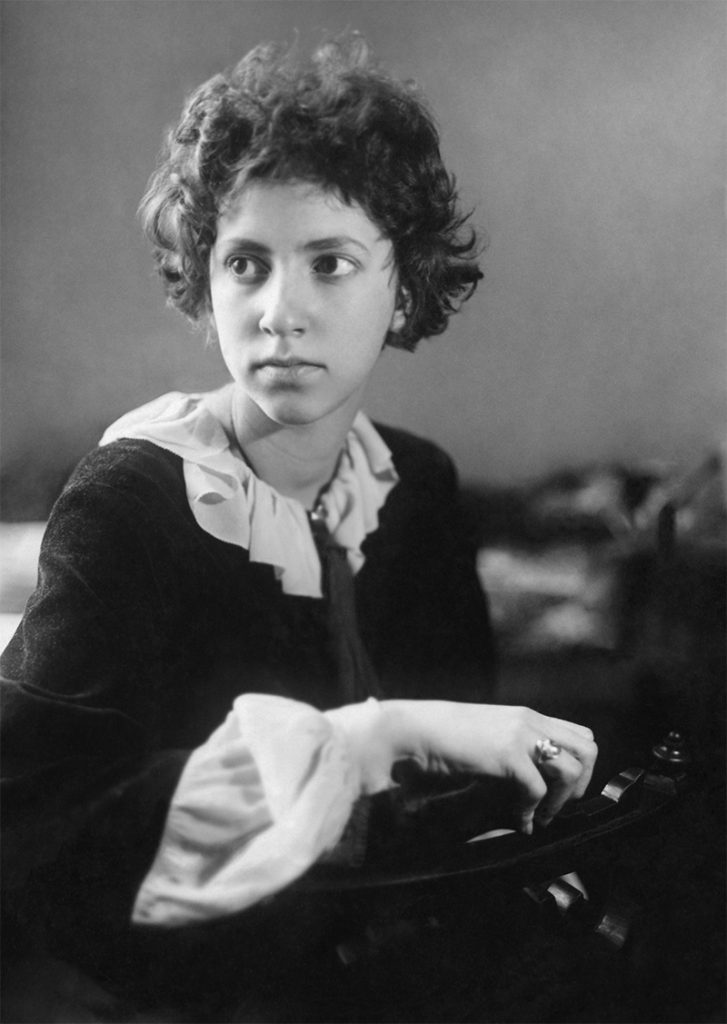
In 1925, Nathalia Crane published her second volume of poetry, Lava Lane, and Other Poems, just one year after her first one, The Janitor’s boy, and Other Poems. In it she airs her sophistication, mastering poetical language, as well as scientific and technical vocabulary from several disciplines, such as botany, geology and even embryology (using the word “blastoderm” about a boy she seems to despise); she also refers to various religions and to characters from Greek mythology. Furthermore, she shows her understanding of human relations, including in some of their intimate aspects. CONTINUE READING / CONTINUER LA LECTURE…


